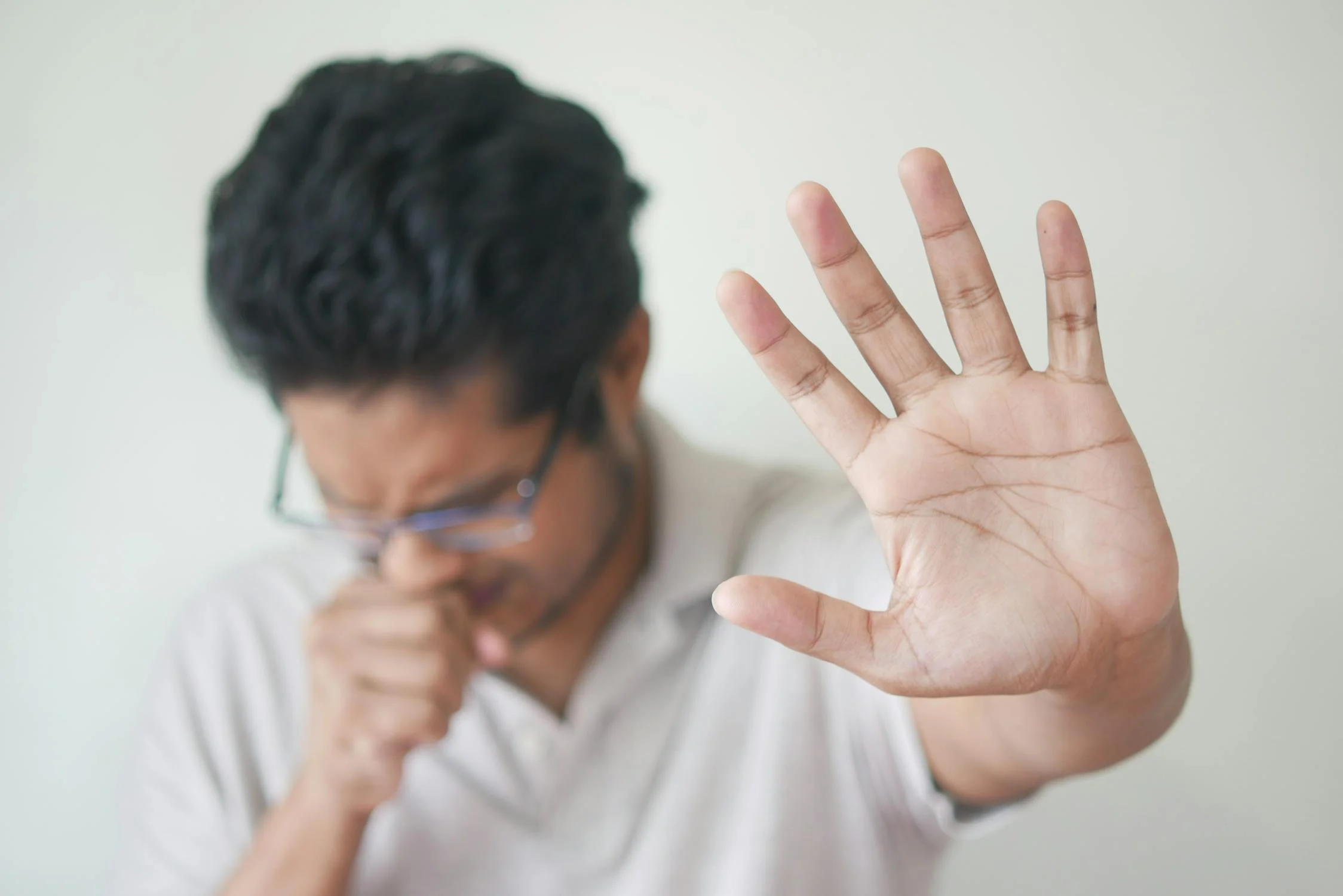When the Plate Comes with Fear: Living with a Food Allergy
Sitting down at a restaurant and waiting for a delicious dish is a moment of pleasure for most people. But for those with food allergies, this simple act can become an emotional minefield. More than a preference or a trendy diet, dealing with dietary restrictions for health reasons requires constant vigilance, planning, and—perhaps the hardest part—courage to talk about it without feeling “annoying” or “overly dramatic.”
A food allergy is a serious condition that can cause reactions ranging from mild discomfort to medical emergencies like anaphylaxis. And yet, those living with this reality often find themselves having to explain, justify, and endure judgmental looks every time they eat outside their home.
So how can you stay safe without being “that person” in the group? How do you enjoy a peaceful dinner without compromising your health—or your dignity? That’s what we’ll explore here, with practical tips, real-life examples, and realistic solutions to help you navigate this challenge with confidence and grace.
What a Food Allergy Really Is
First things first: let’s clarify what a food allergy is—and how it differs from intolerances or dietary preferences. An allergy is an immune system reaction to a specific protein in food. This means that even tiny amounts of that food can trigger serious reactions, such as:
-
Hives
-
Swelling
-
Vomiting
-
Breathing difficulties
-
Drop in blood pressure
-
Anaphylaxis (which can be fatal without immediate treatment)

The most common food allergens worldwide include milk, eggs, peanuts, tree nuts, wheat, soy, fish, and shellfish. But in reality, any food can be an allergen.
One of the toughest parts is that symptoms don’t always appear immediately. In some cases, the reaction is delayed, making it even harder to identify and prevent.
The Invisible Fear: What It’s Like to Eat Out with an Allergy
Picture this: you’re at a trendy restaurant celebrating a friend’s birthday. The menu is full of fancy options, but none of them list the ingredients clearly. The waiter isn’t sure if the sauce contains nuts. You ask for the third time, and he casually replies, “I don’t think so, but I’ll check.” What now?
That’s the moment discomfort kicks in. You feel like you’re being difficult, like you’re “that person” at the table. You might try to laugh it off, but deep down, you’re torn between wanting to enjoy the moment and fearing you’ll end up in the ER.
This is a common reality for people with food allergies. Every meal outside the house feels like a small investigation—and not everyone around you understands the seriousness of it. Many still confuse allergies with pickiness or overreacting.
Real-Life Dilemmas: Stories from Those Who Live It
Camila, 29, allergic to shellfish:
“I went to a Japanese restaurant with friends and told them I couldn’t have shellfish. The waiter swore the dish was just chicken. I took one bite and felt tingling on my lips—it turned out the sauce had shrimp traces. I spent the night in the hospital. After that, people started saying I was too dramatic for bringing food from home.”
Rafael, 34, father of a child with a dairy allergy:
“The hardest part is seeing my son feel left out at birthday parties. He always asks: ‘Dad, does this have milk?’ Even when we bring something safe, people say, ‘Poor kid.’ We try to make it normal, but it’s not easy.”
These stories highlight a crucial point: this is not just about medical precautions—it’s an emotional battle for respect, inclusion, and safety.
How to Protect Yourself When Eating Out — Without Seeming Overly Cautious
1. Know Your Triggers — and Communicate Clearly
You don’t need to give a medical lecture, but you do need to be firm when explaining your condition. Use straightforward phrases like:
“I have a severe food allergy. If this dish has any contact with [allergen], it could be very dangerous for me.”
Don’t sugarcoat it by saying “it just bothers me” or “I try to avoid it.” Clarity is everything.
2. Plan Ahead
Before going to a new restaurant, check the menu online, call ahead, and ask if they can accommodate your needs. This simple step can prevent stress and awkward situations later.
Some apps like Find Me Gluten Free or Spokin help locate allergy-friendly places.
3. Always Have a Plan B (or C)
Yes, it might feel odd to bring a meal to a restaurant. But for casual gatherings—like parties, picnics, or family events—it can be a lifesaver. Also, keeping a safe snack in your bag is always a smart move.
And if your doctor prescribed emergency medication, like antihistamines or epinephrine, never leave home without it.
4. Use an Allergy Card
A simple yet powerful tool is printing an “allergy card” that lists your allergens clearly. Handing it to the waiter or chef helps prevent misunderstandings, especially when traveling or dining in places where language is a barrier.
5. Find Your Tribe
One of the emotional burdens of living with food allergies is constantly having to defend your needs. Surrounding yourself with people who respect and understand your condition makes a world of difference.
You can also find online communities of allergy warriors who share tips, encouragement, and empathy.
Inclusive Restaurants Exist — and They Deserve a Spotlight
Thankfully, more restaurants are taking allergies seriously. Menus with clear labeling, “free-from” options, trained staff, and chefs who are open to adjusting recipes are real allies.
Some even specialize in allergy-safe dining—like gluten-free bakeries, dairy-free dessert shops, and catering services with fully customizable menus. When you find a place like that, show some love! Leave a positive review, recommend it to friends, and prove that there’s a growing demand for this kind of care.
It’s Not Drama — It’s Self-Care: Reframing the Narrative
Perhaps the hardest part of living with a food allergy is dealing with other people’s judgment. You might hear things like:
-
“A little won’t hurt you.”
-
“Did you always have this?”
-
“Are you sure it’s not in your head?”
-
“Oh, come on, don’t be so picky.”
It’s exhausting. And unfair.
That’s why it’s essential to remind yourself—as often as needed—that taking care of your health is not being “extra,” it’s an act of self-love. Setting boundaries, asking questions, turning down a dish, or explaining your condition is not something to be ashamed of.
You’re not difficult. You’re responsible. And your life is worth protecting.
Final Thoughts: Yes, You Can Enjoy Eating Out Safely
Having a food allergy doesn’t mean you have to live in fear or isolation. With preparation, information, and confidence, it’s entirely possible to have enjoyable and safe dining experiences.
There will be hard days. You’ll still have to explain your allergy more times than you’d like. But over time, you’ll feel more empowered, more respected—and freer to enjoy what really matters: the company, the moment, the joy of living.

